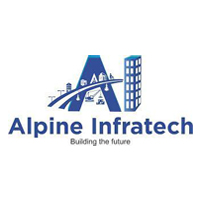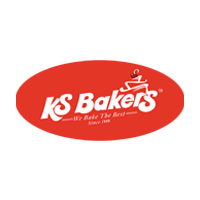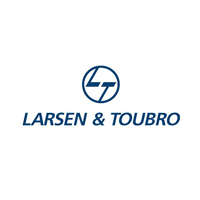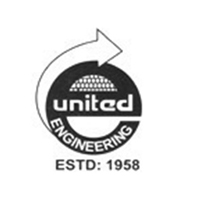
WHICH GROUT SHOULD I USE FOR MY TILES?
First of all, let’s know what grout is, Grout is a thick fluid that is used to fill gaps in existing constructions or to reinforce them. Grout is made of the mixture of water, cement, and sand that is used for pressure grouting, embedding rebar in masonry walls, connecting precast concrete sections, filling gaps, and sealing seams between tiles.
WHICH GROUT SHOULD I USE FOR MY TILES?
First of all, let’s know what grout is, Grout is a thick fluid that is used to fill gaps in existing constructions or to reinforce them. Grout is made of the mixture of water, cement, and sand that is used for pressure grouting, embedding rebar in masonry walls, connecting precast concrete sections, filling gaps, and sealing seams between tiles. Grout is commonly used to fill in tiles on shower floors and kitchen tiles.
Types of Grouts
Cement grouts, both sanded and unsanded grouts, Polymer cement grout (cement grouts treated with polymer), and epoxy grout (no cement) are all available. Let's look at the features of each grout because any of these types of grout could be used for tiles. There are additional varieties of grout, but these are the most common options you'll come across while looking for grout for your tile projects. Remember that sanded grouts should be used in grout joints bigger than 1/8′′ and non-sanded grouts should be used in joints less than 1/8′′.
Cement Grouts:
The traditional method of grouting voids or fractures in the soil, walls or concrete structure is cement grouting. Cement grouting is a method of filling cracks and spaces in concrete structures by injecting cement under pressure.
Sanded and Unsanded Grouts:
Sanded grout is defined as a cement grout with a granularity of 1/8” or greater. Unsanded grout is a cement grout that has a grit of less than 1/8”.
Unsanded grout is typically utilised for tile applications with thinner grout joints, ranging from 1/16” to 1/8” in width. Sanded grout adds structure to broader grout joints ranging from 1/8” to 5/8”, and some can even go as wide as 1”.
Although sanded and unsanded grouts are usually adequate for domestic use, many homeowners and builders are abandoning the practice entirely. Because there are so many options now that eliminate many of the problems associated with traditional grout, most individuals will find it worthwhile to use at least an epoxy grout.
Polymer Cement Grout:
Grout developed to fulfil greater standards for shrinkage, water absorption, and strength in more demanding locations, such as basic commercial or high-traffic dwellings. It comes in two finishes: sanded and unsanded.
Cement grout with additional polymers currently exists, and it performs all of the functions of high-performance grout while also providing the benefits of plastic. Once the grout is combined with water, the polymers are activated. When compared to typical cement grouts, the chemical reaction improves the water resistance and strength of this grout. It also adds abrasion and chemical resistance to the grout, which non-high-performance grouts may lack.
Epoxy Grout:
Epoxy grout is a common tiling grout that does not require the use of Portland cement or water in the mixing process. A hardener, colours, epoxy resin, and silica fillers are included. When compared to cementitious grout, epoxy grout is less permeable. Epoxy grouts also function well in locations where grease and acids are present, such as kitchens.
Epoxy resins such as polyurethane, epoxy, and others are used in the construction industry. Although epoxy has a name that implies the presence of cement, it does not include any cement by volume. The epoxy hardener is critical for starting the hardening process of epoxy grout. The epoxy hardener is also necessary for filling cavities and mending hairline fractures in concrete constructions. Aside from that, this element is best used as a primer or a bonding agent.
Above all, only the epoxy grout is more conventional in application with high adhesion property. V-Bond has the right epoxy tile grout. To know more, visit V-Bond.




























